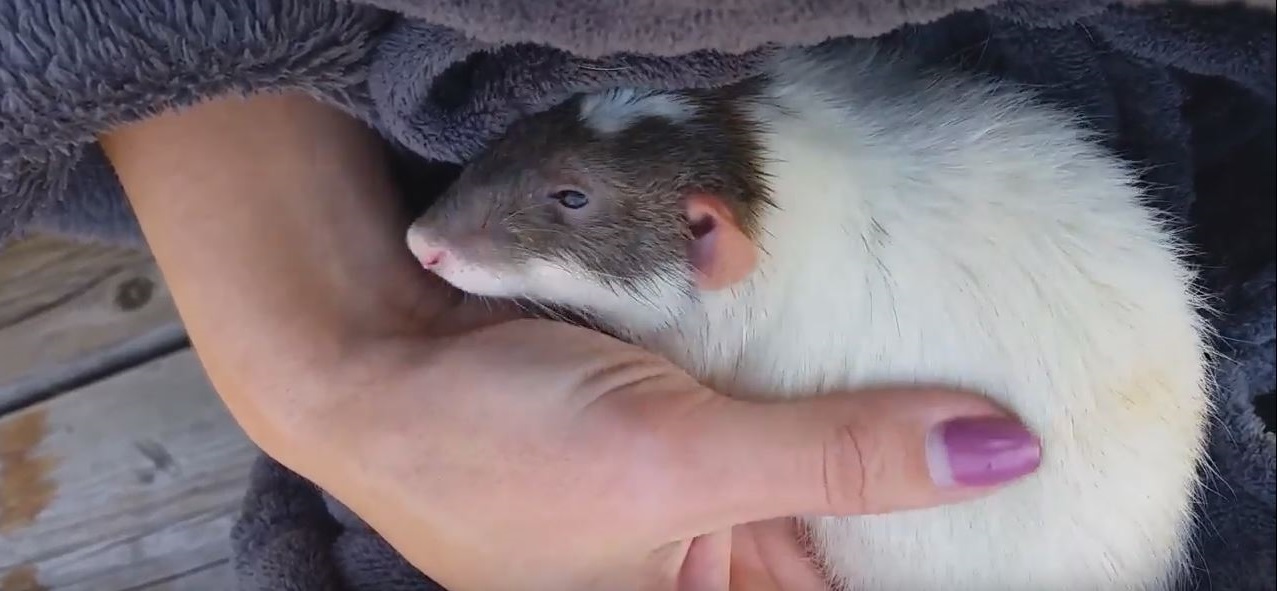Where do rats go in summer?
Rats are year round scavengers that spend their live searching out food, water, and safe shelter. They live to eat, breed, and die. In the winter, rats do not hibernate, but they do look for spots they can lay low until spring arrives. That perfect spot could be a burrow in the forest, a space in a rocky outcropping or cave, or the box with your senior album and wedding pictures in it. Just as rats do not enjoy extreme cold, they also are not fans of extreme heat. If a rat has found a comfortable spot in your home during the winter, he is probably happy to stay right there, invite in a few friends, start a commune, breed, make nests, and stay through the summer to raise the kids. Your home has everything the rats need to make it through a grueling summer:
Secluded areas they can hide
Ample food and water
Plenty of nesting material
Escape from the extreme temperatures
If you believe you have a rat problem, there are ways to tell. Sure-fire signs you have a summer infestation can include:
Strange sounds of scurrying and/or fighting in the walls or ceilings
Chew marks on doors, wall, wires, pipes, etc
Chewed up food containers or remnants of food in odd places
Rice shaped dark brown droppings concentrated around sources of
Food & water or near small openings. These openings will be stained with a greasy brown streak (from urine and filth on the rats body) if they are used as a rat “doorway”
The smell of urine and filth in closets or storage areas
Pets acting strangely and “going after” things you do not see. They can actually hear and smell the rats in your walls and ceilings.

Actually seeing a rat run through your home *note* -if you actually see a rat out in the daytime, you most likely have a large infestation already
If you want to be rat free, you must make a year round commitment. Keep up on home repairs, especially your exterior façade. Do not let rodents find a way into your space! Keep areas clear of trash and debris where they can hide. Pick up unattended pet food bowl, and secure feed bins. Make sure bird or squirrel feeders are in accessible to rats. Keep your kitchen clean. Make sure garbage is in a secured can. Keep boxed or bagged foodstuffs in a securely closed cabinet. Empty litter boxes regularly. Periodically check your attic, basement, and storage areas for signs of rat activity, and at the first sign of trouble, take action.
There is an ample amount of information on line and in periodicals to guide you in your quest to be "rodent free". If you do not want to go the DIY route, there are many fine animal removal services available in your area that can help
Read the How to get rid of rats page for helpful information and to learn more about Where do rats go in summer?
Where do rats go in summer?

